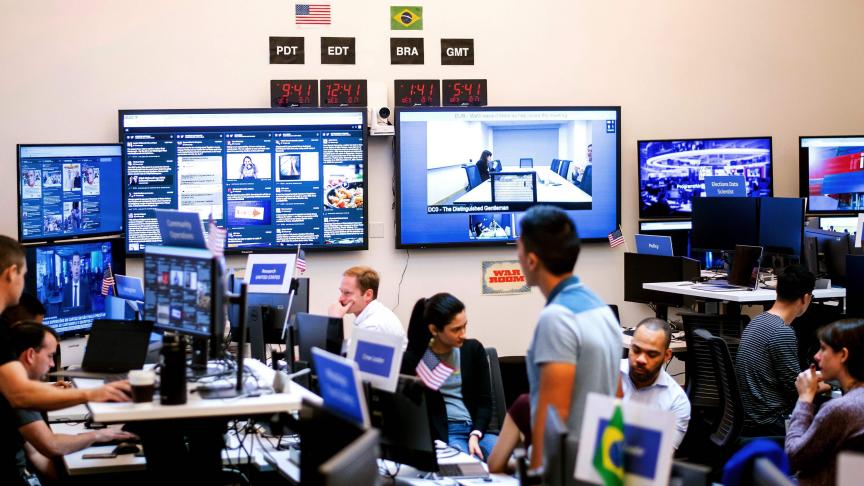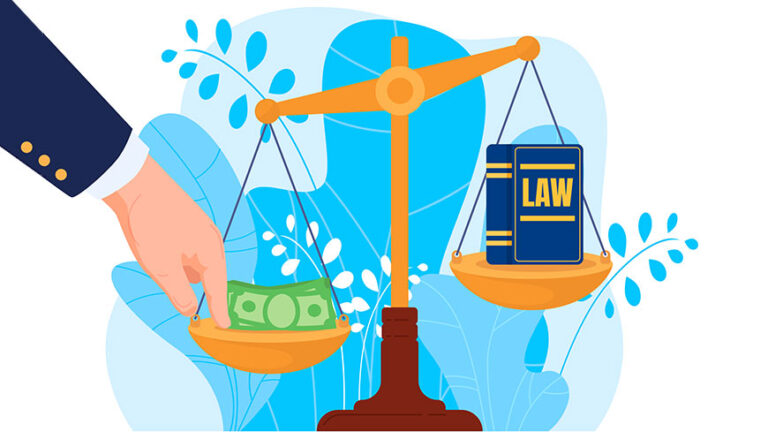
As the 2024 U.S. presidential election approaches, concerns about election interference continue to grow. With each passing year, the methods and technologies used to manipulate elections seem to evolve, making it harder to guarantee the security of individual votes. From hacking and disinformation to foreign influence, the risks are vast, and voters need to be more aware of how their votes can be influenced.
The Threats to Election Integrity
Cybersecurity Threats: As elections become increasingly digital, the risk of cyberattacks grows. Election infrastructure, such as voting machines, voter databases, and the overall election management system, is vulnerable to hacking. In 2020, several states reported attempts to breach their voting systems, though no votes were directly altered. However, the potential for future cyberattacks remains a significant threat in 2024, particularly given the increased sophistication of hacking techniques.
Disinformation Campaigns: Social media has been a breeding ground for disinformation in recent elections. False narratives, fake news, and misleading propaganda can sway public opinion and influence voter behavior. Whether it’s claims about candidates, voting systems, or election outcomes, disinformation can undermine trust in the electoral process. In 2024, foreign actors, domestic groups, and even political factions may spread misleading information to shape the election in their favor.
Voter Suppression: Beyond cyber manipulation, election interference can take the form of efforts to suppress sure votes. These tactics may include restrictive voter ID laws, gerrymandering, and even physical intimidation at polling places. When certain groups are disproportionately targeted, it diminishes the election’s fairness and undermines democracy. Such tactics are not always blatant but can be deeply embedded in the political system.
Foreign Interference: The possibility of foreign nations influencing elections continues to be a concern. In 2016, Russia was accused of attempting to influence the U.S. presidential election through hacking, social media manipulation, and more. In 2020, while there were fewer successful foreign interventions, experts still worried about the ability of adversarial governments to undermine democracy by sowing discord or manipulating voters. As we look ahead to 2024, foreign interference remains a critical issue, especially with the rise of new technologies and platforms.
Safeguarding Your Vote
Despite these threats, measures have been put in place to protect the integrity of U.S. elections. For example, election officials are working to enhance the security of voting machines and update outdated systems. Many states have implemented paper ballots, which serve as a backup in the event of technical failures or allegations of fraud. Additionally, experts are focusing on strengthening social media platforms to detect and prevent disinformation before it can spread widely.
Voters also have an essential role in safeguarding the process. Being informed about the candidates, their platforms, and the voting system itself can help mitigate the risk of manipulation. It’s crucial to verify news from credible sources, avoid spreading unverified information, and report any suspicious activities or irregularities to election authorities.
Conclusion
While the risks of election interference in 2024 are accurate, significant efforts are underway to make the process more secure. However, it is also up to the individual voter to stay vigilant and informed. With so much at stake, ensuring that your vote remains safe from manipulation and that the integrity of the election process is maintained. By understanding the threats and taking proactive steps, we can help safeguard democracy and ensure that every vote counts.







